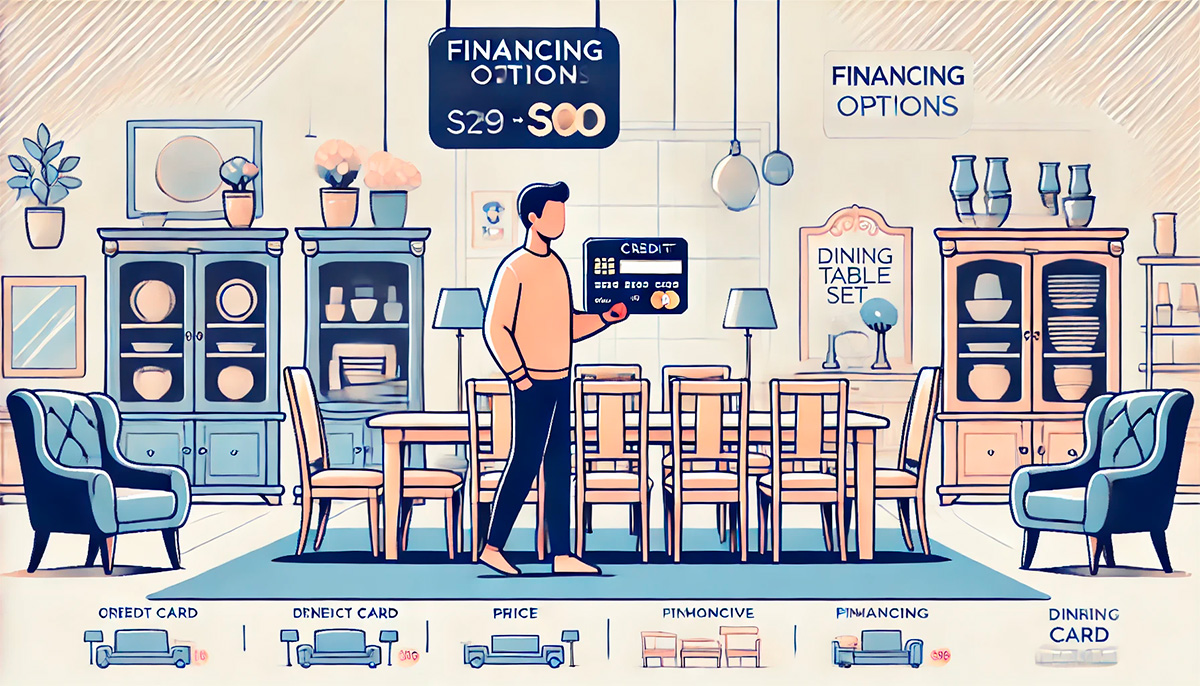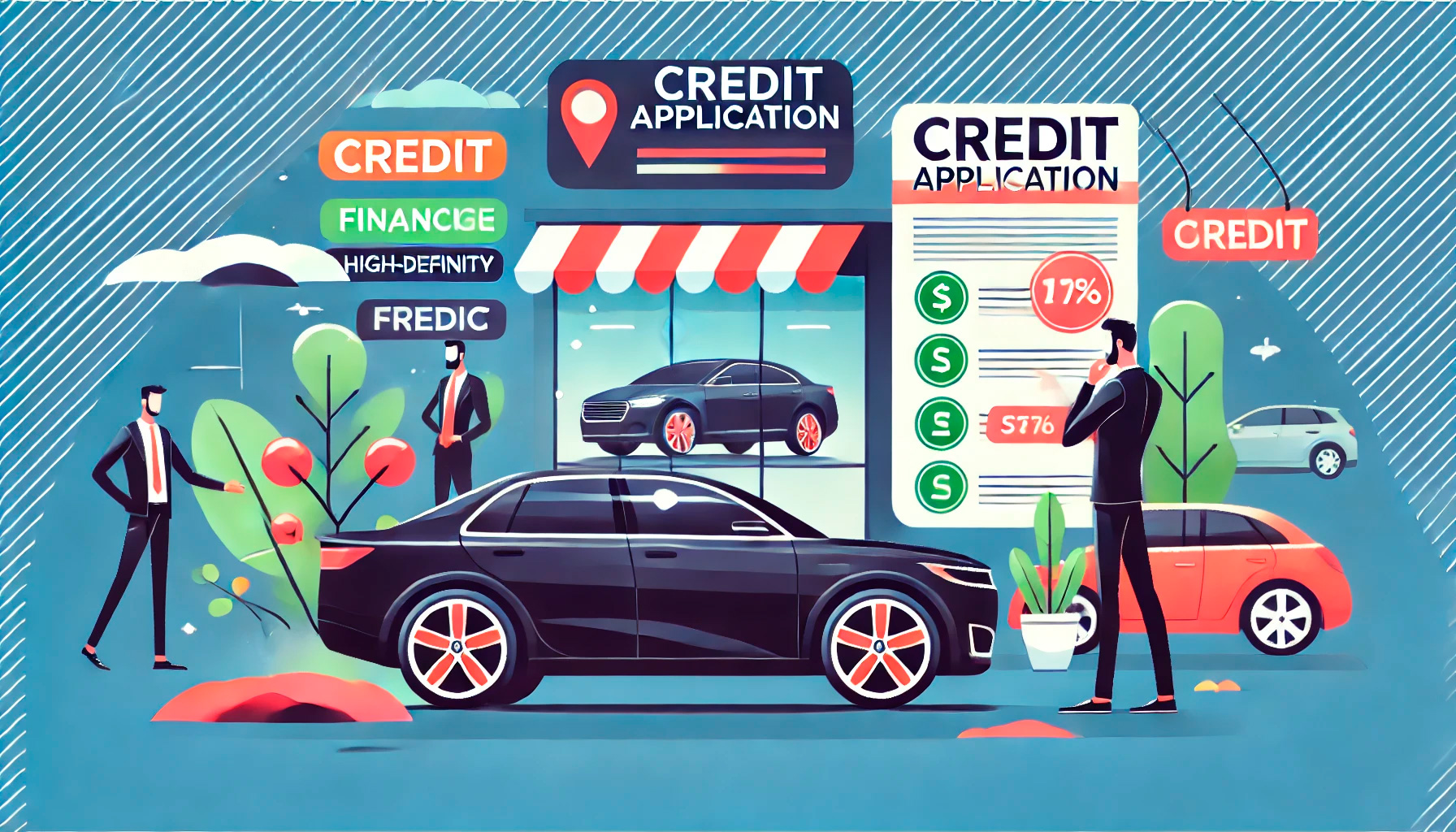Making large purchases, such as buying a home, a car, or major appliances, often requires more capital than most people have on hand. In such situations, credit becomes a valuable financial tool that enables individuals to acquire essential items or investments without paying the full amount upfront. Using credit for large purchases can help manage cash flow, build credit history, and offer flexibility in terms of repayment. However, it’s important to understand the pros and cons before deciding to finance a large purchase through credit. This guide will explore why you might need credit for large purchases and how to use it wisely.
Managing Cash Flow
One of the primary reasons people use credit for large purchases is to manage cash flow. Rather than depleting your savings or using a significant portion of your available cash, financing allows you to spread the cost over time. This way, you can maintain liquidity for other expenses, emergencies, or investments while still acquiring the item or asset you need.
For example, buying a new car outright might cost $30,000, which could take a significant chunk out of your savings. By financing the car with an auto loan, you can make smaller monthly payments over a period of years, keeping your savings intact for other purposes. This approach helps balance the immediate need for a large purchase with your ongoing financial commitments.
Taking Advantage of Low Interest Rates
Another reason to consider using credit for large purchases is the potential to secure low interest rates, especially during promotional periods. For instance, many car dealerships offer 0% financing or low-interest rate loans for buyers with good credit. Similarly, some credit card companies offer introductory 0% APR periods for purchases made within a certain time frame.
Using credit in these situations can be beneficial because you’re essentially borrowing money for free or at a very low cost. As long as you can make payments on time and pay off the balance before the promotional period ends, you can finance a large purchase without accruing significant interest, making it an attractive option.
Building Your Credit History
Credit is not only a tool for purchasing items but also for building your credit history. Successfully managing large purchases through credit can improve your credit score by demonstrating that you are capable of handling debt responsibly. Lenders view timely payments and responsible credit use as indicators of financial reliability, which can help you qualify for better loan terms in the future.
For example, if you finance a large appliance or a home renovation with a personal loan or a credit card and consistently make your payments on time, this positive activity will be reported to credit bureaus. Over time, this can strengthen your credit score, allowing you to access better interest rates on future loans or credit cards, which saves money in the long run.
Accessing Higher-Quality Products
Credit can allow you to purchase higher-quality items that may be out of reach if you were to pay cash upfront. You might be able to afford a more reliable car or higher-quality home appliances by spreading the cost over time. This can be particularly beneficial for purchases where quality matters, such as vehicles, furniture, or technology, which tend to last longer and offer better performance.
Opting for a higher-quality product can also save you money in the long run by reducing repair and replacement costs. For example, investing in energy-efficient home appliances through financing can lead to lower utility bills over time, offsetting the initial higher cost of the product.
Taking Advantage of Rewards Programs
If you use a credit card to make a large purchase, you may also benefit from rewards programs. Many credit cards offer cashback, points, or miles for every dollar spent. By using a rewards credit card for a large purchase, you can accumulate significant rewards that can be redeemed for travel, gift cards, or even cash back, effectively reducing the net cost of the purchase.
However, it’s important to ensure that you can pay off the balance in full to avoid interest charges that could outweigh the benefits of the rewards. When used wisely, credit cards with rewards programs can offer additional value for large purchases.

Emergency Purchases and Flexibility
Sometimes, large purchases are necessary due to unexpected circumstances, such as medical expenses, home repairs, or replacing a vehicle after an accident. In these cases, having access to credit can be essential. Without sufficient savings, credit allows you to cover the cost of these emergencies and pay it off over time rather than dealing with an immediate financial strain.
For example, if your HVAC system breaks down during the winter, you might need to finance a new system to keep your home safe and comfortable. Using credit for such emergencies provides flexibility and allows you to address critical needs without depleting your emergency fund or savings.
Leveraging Installment Plans
Many retailers and service providers offer installment plans for large purchases, allowing you to pay off the balance in equal monthly installments. This form of financing can often come with low or no interest, depending on the provider. Installment plans make it easier to budget for large purchases by spreading the cost over time without significantly increasing the overall cost.
For example, some major electronics retailers offer 12- or 24-month installment plans for items like TVs, computers, or smartphones. These plans allow you to access the technology you need immediately while avoiding the financial pressure of paying the full amount upfront.
Avoiding Depleting Your Savings
Using credit for large purchases can help you avoid draining your savings or emergency fund. While it’s important to use credit responsibly, there are situations where it makes sense to keep your savings intact and finance a major purchase. By doing so, you maintain a financial cushion for unexpected expenses, which can be critical for maintaining financial stability.
If you’re faced with the choice of using credit or significantly reducing your savings to make a large purchase, using credit can be the wiser option, as long as you have a clear repayment plan in place and can manage the monthly payments without stress.
Conclusion
Using credit for large purchases can be a practical and effective way to manage your finances, provided that it’s done responsibly. Whether you’re looking to maintain cash flow, take advantage of low interest rates, build your credit history, or finance emergency expenses, credit offers flexibility and opportunities to improve your financial position. However, it’s important to evaluate your financial situation carefully and ensure that you have a plan to pay off the debt in a timely manner.
When used wisely, credit can help you make important purchases without compromising your financial stability, while offering benefits like rewards and increased purchasing power.





